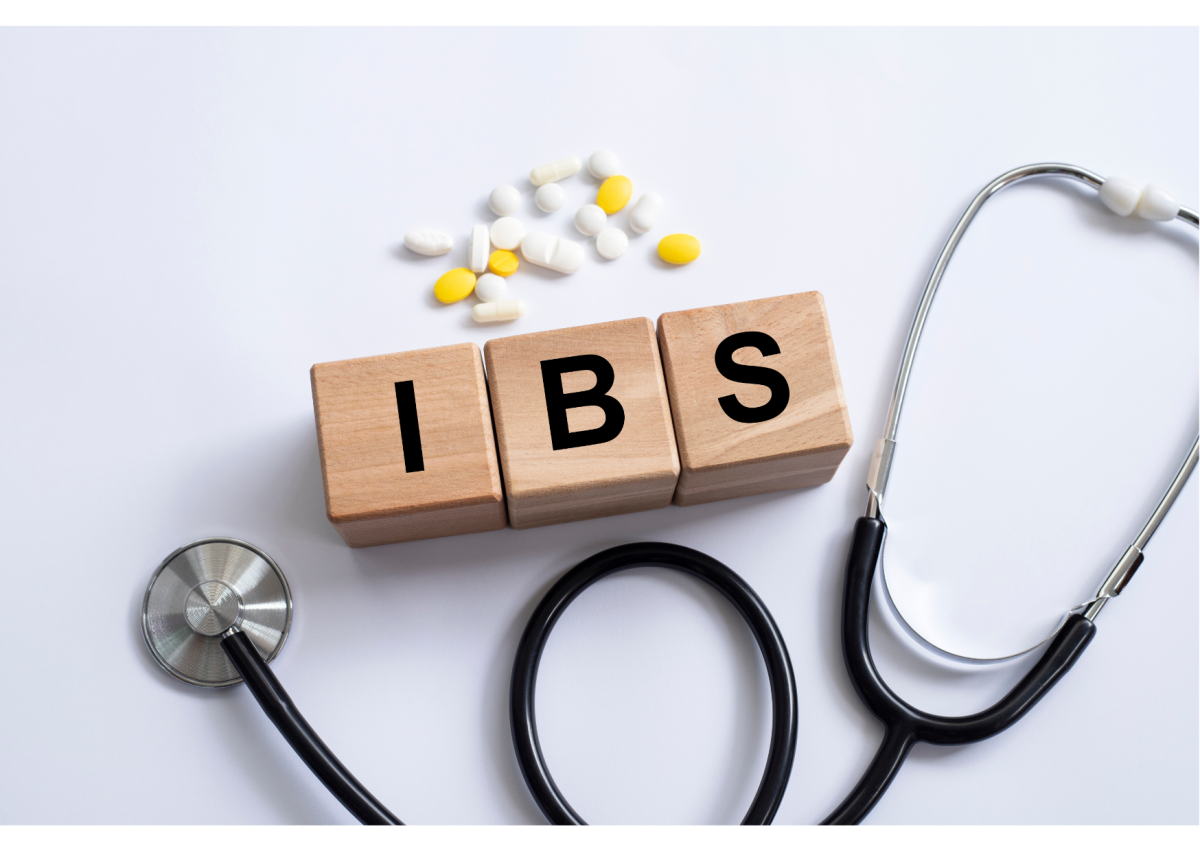IBS or colon cancer? A gastroenterologist reviewed guide.
- Treatments, Testing and Diagnosis
In this article we will discuss the question, “Is it IBS or colon cancer?”.
Multiple symptoms can overlap between IBS and colon cancer. However, they are separate conditions requiring very different treatment.
In this article, we discuss the differing definitions and symptoms of colon cancer and IBS.
We also discuss whether IBS increases your risk of colon cancer and the ‘warning signs’ of colon cancer to be aware of.
You may be anxious that colon cancer can be misdiagnosed as IBS. In this article we discuss appropriate tests to rule out colon cancer.

What is IBS?
IBS is a functional gastrointestinal disorder. This means that the problem in people with IBS is that the bowel does not work as it should but no structural abnormalities are seen when we look at the bowel.
It is characterized by abdominal pain as well as at least 2 of the following:
- symptoms are related to passing stool
- there is a change in the frequency of stool
- there is a change in the appearance of the stool.
No structural abnormalities are seen in IBS in the digestive system, and eliminating other conditions leads to diagnosis (1).
What is colon cancer?
Colon cancer is also known as colorectal cancer or bowel cancer.
It is a type of cancer that originates in the colon (large bowel/intestine) or rectum (very end of large bowel/intestine).
Colon cancer typically begins as small, noncancerous polyps (growths in the lining of the colon).
These polyps can sometimes, over time, transform into cancerous polyps, resulting in colon cancer.
Colon cancer causes structural changes in the large intestine and can often be identified during a colonoscopy or from a biopsy.
A biopsy is a sample of tissue looked at under a microscope (2).
Is IBS or colon cancer more common?
You may be wondering whether IBS or colon cancer is more common in the general population.
IBS is much more common in the general population when compared to colon cancer.
According to the American Cancer Society, the lifetime risk of developing colon cancer is approximately 4% in the general population (3).
It is important to note that this risk may be higher or lower for each individual, depending on their own risk factors for colon cancer.
On the other hand, depending on IBS diagnostic criteria used, IBS can affect anywhere between 10-25% of the population (4, 5).
Do colon cancer and IBS have the same symptoms?
Many symptoms of colon cancer and IBS overlap which can sometimes lead to misdiagnosis.
In the below table, I have summarized which symptoms overlap between IBS and colon cancer and which symptoms are only seen in colon cancer:
| Symptom | Colon Cancer | IBS |
| change in bowel habits | ||
| abdominal pain | ||
| pain related to defecation | ||
| constipation | ||
| diarrhea | ||
| bloating and excess gas | ||
| mucus in stool | ||
| dark stool or blood in stool | ||
| weight loss | ||
| extreme fatigue | ||
| bleeding from anus |
If you have been formally diagnosed with IBS and experience any of the above colon cancer specific symptoms, discuss this with your doctor.
An important part of IBS testing should involve excluding colon cancer.
For more information on getting an accurate diagnosis of IBS, see our article on How to get an IBS diagnosis.
Does IBS increase your risk of colon cancer?
No, having IBS does not increase your risk of colon cancer.
A Danish study with 50 000 IBS sufferers found that after 1-10 years post-diagnosis of IBS, there was no increased risk of colon cancer.
The researchers did find that there was an increased risk of being diagnosed with colon cancer within the first 3 months of an IBS diagnosis.
However, they concluded that this was due to misdiagnosis, not that IBS causes colon cancer (8).

How to know if I have IBS or colon cancer?
As part of an IBS diagnosis, clinicians will use the following tests to rule out bowel cancer.
These tests include:
- Fecal immunochemical Test (FIT)
This stool test identifies the presence of blood in the stool. This can be an early sign of colon cancer and is used to screen for possible colon cancer (9).
- Full blood count
Your doctor should complete a full blood count as some of the bloods tested may indicate colon cancer if out of the normal range.
Low hemoglobin and red blood cells can indicate anemia. This can be seen in colon cancer if you have a tumor which is bleeding (10, 11).
A high platelet count can also be seen as platelets help to stop bleeding (10, 11).
It goes without saying that abnormal results of full blood count can also happen due to many other less serious reasons that are not related to colon cancer.
- C-Reactive Protein
C-Reactive protein, commonly referred to as CRP, is a marker of inflammation. Chronic inflammation is thought to be involved in colon cancer (12).
High CRP could indicate colon cancer, however it can also indicate something as simple as an infection.
- Colonoscopy + biopsy
If your FIT test is positive, you will likely be asked to have a colonoscopy (13).
A colonoscopy may also be indicated if an abdominal or rectal mass has been identified (13).
A colonoscopy may also be performed if one form of bowel disorder called microscopic colitis needs exclusion. This condition can also overlap with IBS and bowel cancer symptoms ( change in bowel habit to looser stools) . Taking samples at colonoscopy is the only way to diagnose this condition.
A colonoscopy is used to visualize the colon and look for polyps. The biopsy is used to officially confirm diagnosis (14).
Summary
Although IBS and colon cancer can present with similar symptoms, they are very different conditions.
IBS does not cause or increase your risk of colon cancer, but colon cancer can sometimes be misdiagnosed as IBS.
This is why it is important to have the correct diagnostic tests done if you are getting bowel symptoms.
If you are worried you have some of the warning signs for colon cancer, seek professional medical advice.
Written by Elouise Rice, reviewed by Kirsten Jackson, Consultant Dietitian BSc Hons, RD, PG Cert and by Dr Subramaniam Ramakrishan